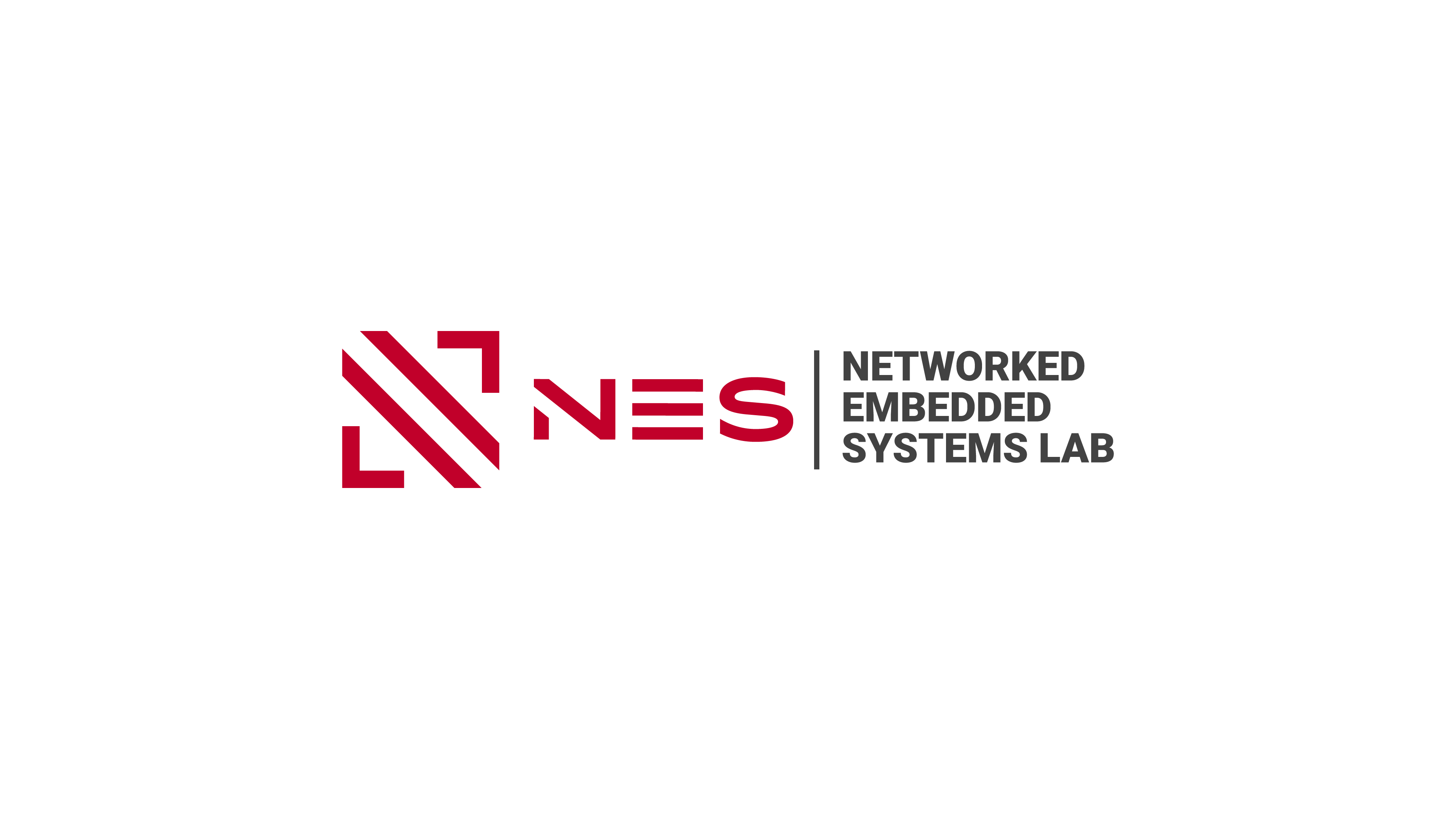
Course Contents
An embedded system is a combination of hardware and software that is designed to fulfill a specific function within a larger system. For example, embedded systems are part of industrial machines, agricultural and process industry devices, automobiles, medical equipment, mobile devices, household appliances, airplanes, and the Internet of Things.
This course is about models, methods, and tools to develop modern embedded systems, with a focus on low-power and low-energy design to achieve the required efficiency as well as on communication interfaces and networking principles to reliably interconnect distributed embedded systems. Lectures and exercises are complemented by labs where students gain hands-on experience in programming a state-of-the-art embedded systems platform in C using a well-known embedded operating system and integrated development environment.
Specifically, the following topics are covered in the course:
- Architectures, components, and applications of embedded systems
- Hardware- software interfaces and memory architectures
- Software design methodologies and embedded operating systems
- Communication and wired/wireless networking for embedded systems
- Real- time scheduling and shared resources
- Low-power and low-energy design including energy harvesting and battery-free embedded systems
Participation is limited to 20 students.
- Lehrende: Marco Zimmerling